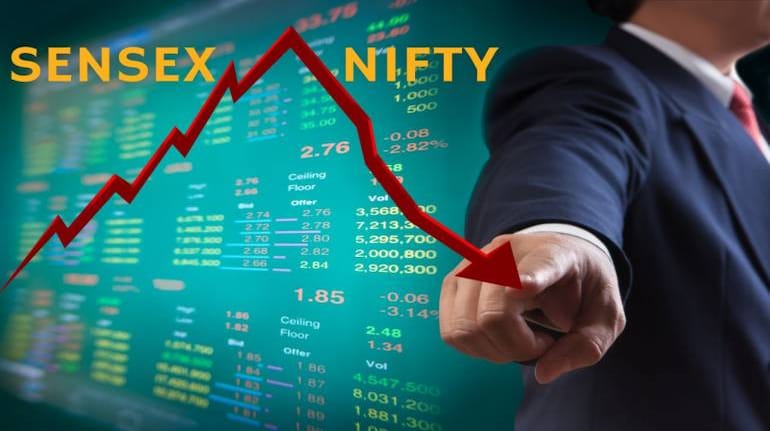



Ravi Krishnan
For the markets, Reserve Bank of India Governor Urjit Patel's resignation and the early trends from the assembly election results seem to be much ado about nothing. Equities recouped most of their losses by Tuesday afternoon and the rupee too recovered significantly from its day's lows. The markets seem to be eager to get over the recent disruptions and look ahead.
A closer look reveals a mixed trend as markets tried to digest the inflow of news. For example, the Nifty PSU Bank index has gained, seemingly because the crisis at RBI will free some lenders from the preventive correction action (PCA) strictures. On the other hand, the Nifty financial services index is down.
Similarly, information technology and pharmaceutical stocks have gained, which suggests that investors are playing it safe. On the other hand, the NSE consumer goods index has gained 1.33 percent. Does that indicate that the domestic consumption play will continue?
There is some merit in the argument. The leads from the assembly elections clearly show that the ruling Bharatiya Janata Party (BJP) has lost some ground. If the BJP wins in Madhya Pradesh, which some consider a bellwether state for the 2019 Lok Sabha polls, it will be by the skin of its teeth. The Congress has made massive inroads into Chhattisgarh and while the margin of its victory in Rajasthan will be much lower than projected, it looks set to form the government there.
For the Narendra Modi-Amit Shah combine, the message is that voters can’t be taken for granted and the electorate cares for issues such as economic growth and jobs. In that scenario, the government will try to step up spending and credit growth in a bid to boost economic growth.
Yes, the fiscal deficit is already high and the Centre will not risk a downgrade in its credit rating. But as is evident from its recent skirmish with RBI, which led to Patel’s ouster, it is serious on finding different means and resources to boost growth. That will, in turn, increase domestic consumption.
However, a lot depends on how much the government will succeed. There is not much time left before the model code of conduct for the Lok Sabha elections kicks in. The time for ensuring better coverage for minimum support prices (MSPs) as a means of alleviating farm sector distress is also gone.
The upshot is that political uncertainty will continue till the Lok Sabha elections. To be sure, global factors like risk appetite among foreign investors, global growth and crude oil prices will all be factors. However, even if those were to turn into strong tailwinds, the political uncertainty will continue to act as a dampener till the general elections are over.
Discover the latest Business News, Sensex, and Nifty updates. Obtain Personal Finance insights, tax queries, and expert opinions on Moneycontrol or download the Moneycontrol App to stay updated!
Find the best of Al News in one place, specially curated for you every weekend.
Stay on top of the latest tech trends and biggest startup news.